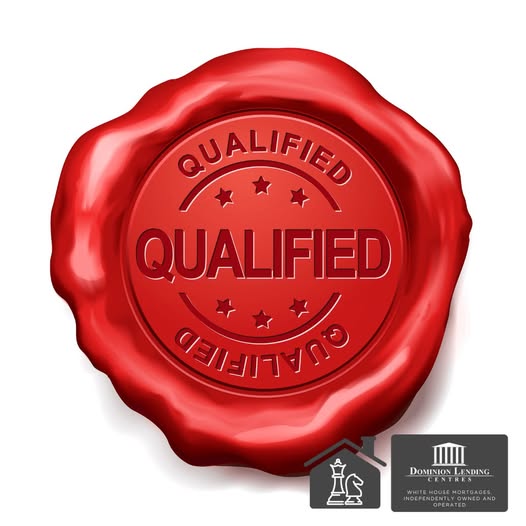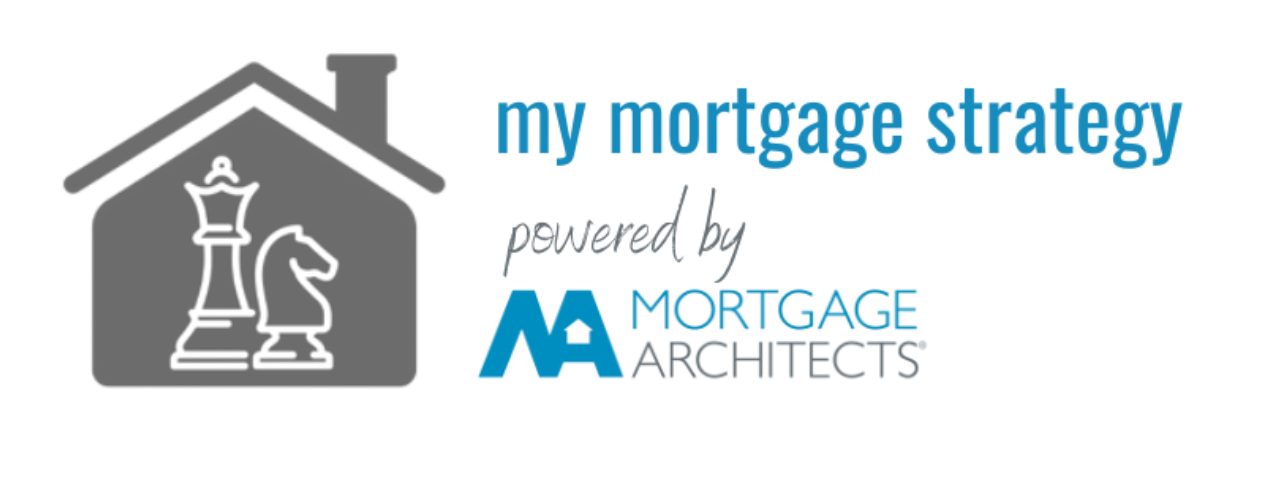
First-Time Home Buyer Series – Step 1: Do the Boring Thing First
Before you fall in love with a kitchen, a backyard, or the idea of your future dog sunbathing in the window, you need to know your numbers. Pre-qualification is the first and most necessary step in the buying process. This is where we collect your income documents, review your credit, and determine how much mortgage you’re eligible for. It’s also where we get honest about what you can realistically afford—not just what you hope you can afford. Getting pre-qualified protects you from disappointment and positions you as a serious buyer. Sellers and Realtors are far more likely to take your offer seriously when you’ve done this step first.
Why This Matters
Falling in love with a home you can’t afford is one of the quickest ways to derail your buying journey. Pre-qualification grounds you in reality and gives you clarity before you start browsing listings or making plans. It also prepares you for competitive situations. A seller who receives multiple offers will almost always choose the buyer who already has their financing in order.
Considering a Suite or Rental Income?
If you’re looking at homes with a basement suite, carriage house, roommate potential, or short-term rental opportunity, lenders can often include projected rental income in your approval calculations. This added cash flow can increase your borrowing power and help offset rising costs in the future. It’s an important conversation to have early in the process so we make sure we’re maximizing every available advantage.
Interest Rates Still Matter
Today’s interest rates aren’t the same as they were a few years ago, and you want your budget to include room for changes. Understanding how potential rate fluctuations could affect your payments ensures you’re choosing a home—and a mortgage—that fits your long-term financial picture.
Where Is Your Down Payment Coming From?
Your down payment is the next major factor. Whether it’s from savings, RRSPs, gifted funds from family, or a combination of sources, it all needs to be discussed upfront. The larger your down payment, the more mortgage options you’ll have access to—and the more flexibility you’ll have when structuring your purchase.
Bank, Credit Union, or Mortgage Broker?
The short answer is simple: work with someone who shops around for you. Every lender has different rules, policies, products, and qualification methods. A broker compares options across banks, credit unions, and monoline lenders to find the best fit for your situation. The goal isn’t just to get a mortgage—it’s to get the right mortgage.
Next Up in the Series
Step 2: How to stretch your dollars (and your approval) to get more home—or more potential—for your money.
Need guidance before you start house hunting? I’m always here to help.
📲 250-300-2008
📧 leanne@mymortgagestrategy.ca
🌐 MyMortgageStrategy.ca
📍 Serving Salmon Arm, the Shuswap, the Okanagan & all of BC
🏡 Turning Home Ownership Dreams Into Reality
